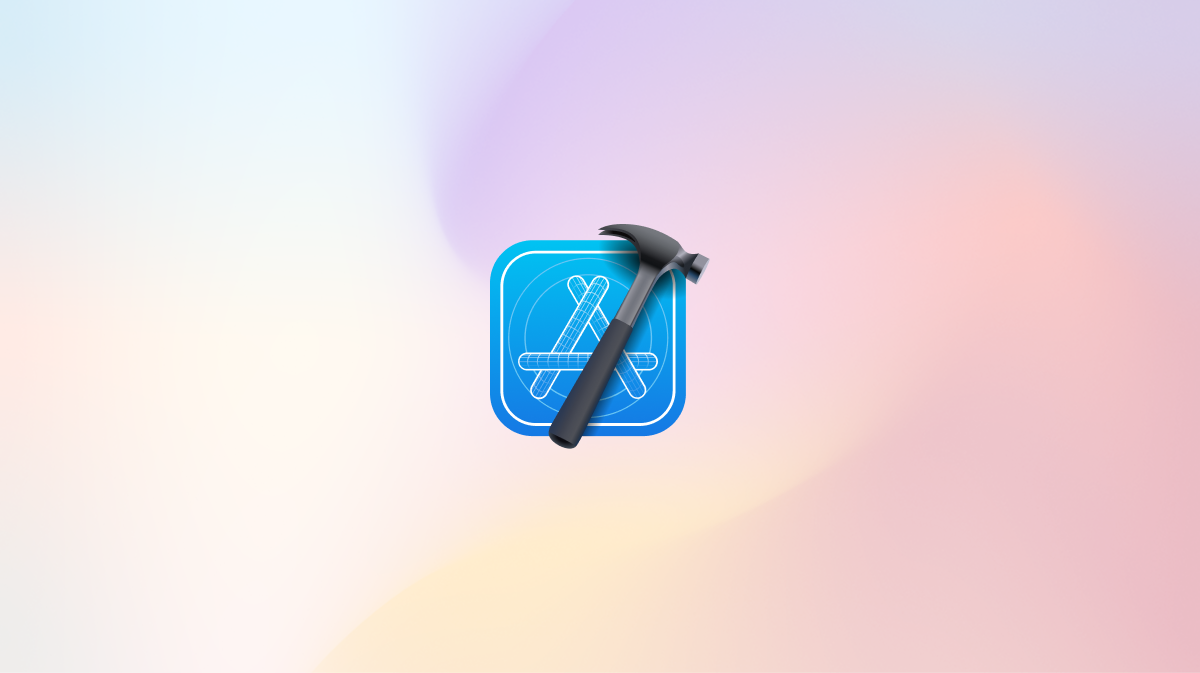
We have worked on a few online marketplaces for our clients and thought of sharing some insights on making an online marketplace come to life.
Aside from business considerations, there are a few technical considerations, such as choosing the most suitable platform and payment gateway to integrating with third-party services and scalability.
Here are some of the technical choices of building an online marketplace:
1. Choosing a platform
You can choose to go custom or off-the-shelf with platforms such as Shopify and Etsy. The main difference between the two is whether your business model is compatible with off-the-shelf solutions or whether it would impose too many restrictions on how your marketplace works. You need to consider, how many participants are involved, how communications and transactions work as well as underlying factors such as your budget and the skills and resources available to your team.
2. Payment Gateway
Typically, an online marketplace will need a payment gateway to process transactions between buyers and sellers. There are many payment gateways available, such as PayPal, Stripe, and 2Checkout, which offer different features and fees. However, there are key differences in which industries are acceptable to these platforms, how the user verification works and how long they take to process payments or how long they can hold the money. All this can impact your business model, thus it is important to choose a payment gateway that best meets your requirements, and it well-established with lots of documentation and support available.
3. Integration with third-party services
An online marketplace may need integration with various other business software, such as shipping and fulfilment providers, CRM or sales systems, and marketing tools. Consider the services that you will need to integrate with and choose solutions that are compatible with your platform.
4. User accounts and Authentication
You will need a system to create and manage user accounts for buyers and sellers. Users are used to social media logins nowadays, but social media platforms frequently make changes thus it may require constant adaptation. In contrast, a custom authentication solution would be more predictable and easier to manage in the long run.
5. Inventory management
Usually, a marketplace also needs a system for managing inventory and orders, including tracking stock levels, processing orders, and handling returns and refunds. Often marketplace owners think they can manage it manually, but you shouldn’t underestimate the time needed to do so. It is better to build a system to handle these scenarios before users get upset and raise disputes.
6. Scaling for growth
As your online marketplace grows, you may need to change your infrastructure to be able to handle increased traffic and transactions. This may mean you need to deploy additional servers, optimise your database, and implement caching and other performance-enhancing techniques.
Expert opinion
Building an online marketplace involves a range of technical considerations and challenges. By carefully planning and executing on these technical details, businesses can create a successful and scalable online marketplace that meets the needs of their audience and sellers.
— Prageeth Silva
Get in touch if you have questions or need help with building an online marketplace. Our experienced team will find the best solution for you.






